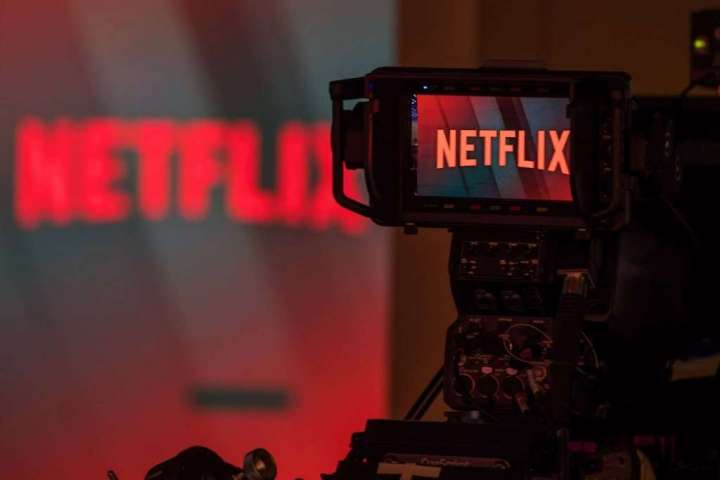Possibly the most astonishing business development of the past decade has been the rise of what conservatives call “woke capital”: major corporations taking increasingly progressive stances on divisive issues.
Netflix is showing the limits of ‘woke capital’

The cynics just got some new evidence from Netflix.
Follow Megan McArdle‘s opinions
FollowHollywood has been the bellwether on many social justice issues, including the recent #MeToo movement and the racial reckoning following the death of George Floyd. In June 2020, Netflix was among many entertainment firms that hastened to support racial justice and Black creators.
Now, the company is pulling back on a number of projects from some of its top Black names, including an animated series based on “Antiracist Baby.” It also put employees on notice that it will not bow to internal pressure to remove “harmful” content, pressure such as last year’s employee walkout over a Dave Chappelle special.
“If you’d find it hard to support our content breadth, Netflix may not be the best place for you,” reads a blunt “culture memo” from the company.
This seems part of a broader trend in Hollywood of moving away from the overt activism of recent years. “During the last few weeks,” the Los Angeles Times reported Tuesday, “the entertainment industry has undergone a gradual retrenchment from liberal social activism at the corporate level, at least when it comes to making grand public statements on specific issues. Companies that issued unreserved statements of support during the Black Lives Matter protests … have said next to nothing about the U.S. Supreme Court’s probable overturning of Roe vs. Wade.”
It’s probably too harsh to say Hollywood’s purported social justice commitments are merely marketing strategies that companies abandoned as soon as the vibe shifted. But a softer cynicism seems warranted: Hollywood was glad to make grand, symbolic gestures as long as they weren’t too costly, but they’re suddenly looking more expensive.
Educational polarization might have made taking sides on contentious issues seem less risky than it used to be for companies, because the most affluent customers — and educated employees — were all on one side. It seemed profitable to cater to their opinion, even if this made a bunch of less well-heeled people mad.
But downscale customers also spend money on movies and streaming services. Perhaps more importantly, they vote.
Earlier this year, during the controversy over Florida’s new parental rights law, internal activists wanted Disney to use its considerable power as a major Florida employer to pressure legislators to drop the bill. Disney executive Bob Chapek initially resisted, saying he didn’t want the company to become a “political football,” but after news of the dispute leaked, he eventually caved.
The resulting fracas with Florida legislators saw Disney stripped of its special powers over the area surrounding Disney World, where the company essentially functioned as the local government. Now, the Wall Street Journal reported earlier this month, business leaders are asking one question: “How can we avoid becoming the next Walt Disney Co.?”
At least Disney has a growing streaming business, with unexpectedly strong subscriber growth last quarter. Netflix lost subscribers during the same period and is now facing a slowing economy, inflation-strained households and rising interest rates that must be nerve-wracking for a company built atop a mountain of debt. Layoffs rapidly ensued, and corporate idealism has apparently been shown the door.
That’s exactly what should have been expected. Netflix is a business, not a charity. Denounce capitalist greed if you like, but of course that greed is really just businesses reflecting consumers back to themselves.
Netflix presumably refused to cancel Dave Chappelle in part because management thinks the service will gain more subscribers from keeping his shows than it will lose — and canceled “Antiracist Baby” because it doesn’t believe the project will generate enough subscribers to justify the cost. If you think those decisions should be reversed, your quarrel is with the audience, not Netflix.
Of course, it wasn’t crazy to think that Netflix and its brethren might wield their power to change the minds of some in that audience. But that power was always going to be sharply limited by the economic needs of the business, which the left seems to be forgetting as it pressures companies to take the strongest possible stance on everything. There is no corporate shortcut to social change that sidesteps the need for politics and persuasion, because, faced with the choice, companies will always choose making money over making history.






